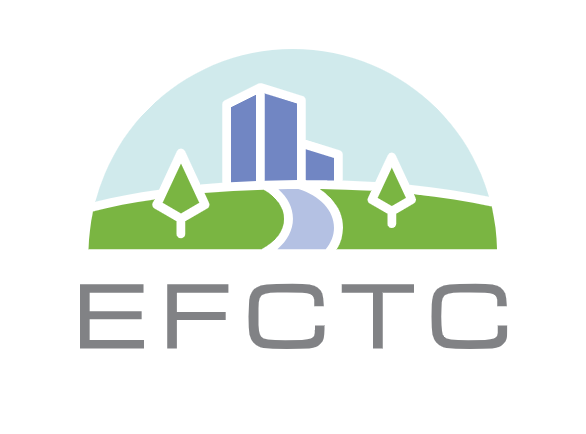The stakeholder’s meeting on 6th May with the Commission DG Clima and consultant Öko-Recherche, is an important step in the Commission’s plan to propose changes to the F- gas rules by the end of 2021. In advance of this meeting and as part of the ongoing process, position papers and proposals have been issued by EFCTC (February 2021 available here), and trade associations including AREA and AFCE. Below are some key points from their position papers and following the stakeholder’s meeting further responses and positions are expected. More information about the F-gas review is available at Home - F-Gas Regulation Review 2022 (f-gas-regulation-review-2022.eu).
The General Director for Climate Action at the European Commission, Mauro Petriccione in an article for Open Access Government explains how the EU climate policy on fluorinated greenhouse gases is working and what its future holds. The European Commission is planning to propose changes to the F- gas rules by the end of 2021.These changes will aim to further increase ambition, and cut down the use of these gases even more, in line with the EU’s climate objectives. They also aim to ensure long-term compliance with the HFC obligations under the Montreal Protocol, and to put in place more effective enforcement of the rules in the 27 EU Member States. Based on the Commission’s proposal, the European Parliament and the EU Member States in the Council will then negotiate the final EU F-gas rules.
AREA has issued concrete proposals on the extension of the F-gas certification scheme to alternative refrigerants (including HFOs and HCFOs). The proposals are based on the concept of ‘alternative refrigerant greenhouse gases’ that would make it possible to capture most alternative refrigerants whilst respecting the legal scope of the F-gas Regulation. AREA pleads for mandatory certification on alternative refrigerants as a necessary complement to the existing F-gas provisions in order to ensure safe and efficient handling of these refrigerants that are gradually replacing fluorinated greenhouse gases. The detailed AREA proposal is available here.
AFCE in its position paper also proposed that training and certification should be extended to all refrigerant types. Technicians must be able to safely handle flammable, high-pressure, and toxic refrigerants, whether these refrigerants are fluorinated or not. AFCE highlighted that recovery, recycling, and reclaiming of refrigerants will play a key role to reduce CO2 emissions and these items are fully in line with the Green Deal objectives by reducing the overall environmental footprint. AFCE calls for a better understanding of existing systems and a clarification of the use of recovered, recycled and regenerated refrigerants. Traceability, recovery, and reuse rates are essential to stimulate and strengthen the recovery, recycling, and reuse of refrigerants. AFCE also stated that through F-Gas 517/2014/EU the HFCs phase-down has proven its effectiveness. AFCE is favorable to pursue the phase-down schedule and apply the bans already defined until 2030.
The AFCE position paper is available here.
